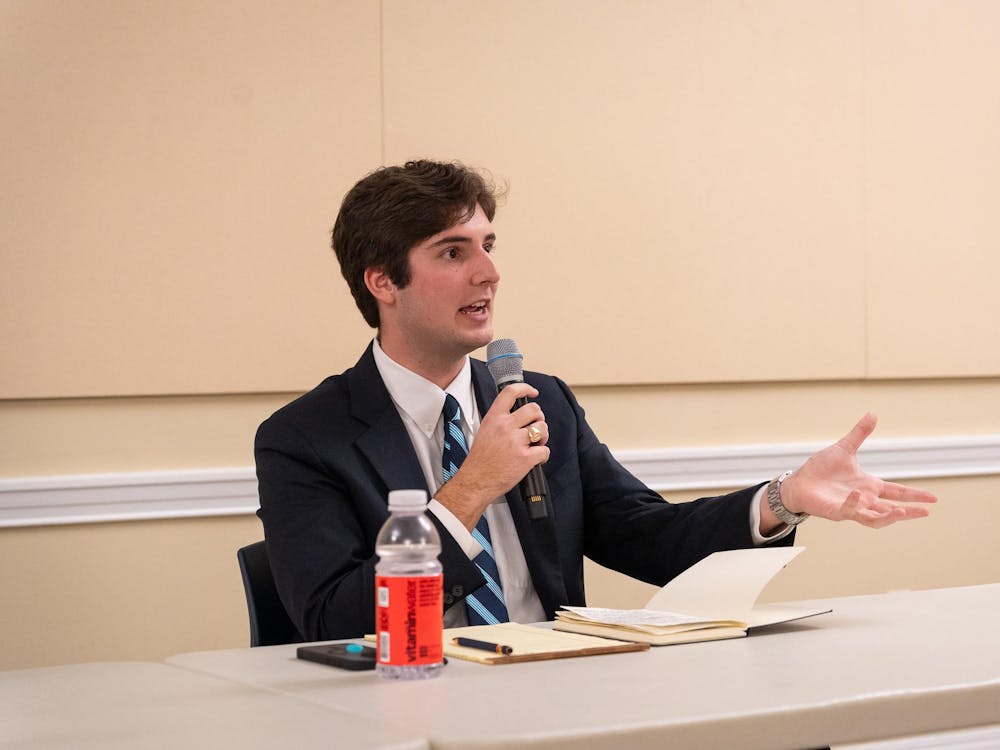Texas A&M University recently received its second Chance. Chance I is a steer cloned by Texas A&M researchers, and is the first steer to undergo the procedure.
The birth of Chance II was the result of a year of successful cloning research by Texas A&M scientists Mark Westusin and Jonathon Hill.
The result of the experiment holds major implications for the future of cloning research. The research also is part of a continuing effort to improve the efficiency of cloning.
One main reason the researchers cloned a steer is because unlike bulls, steers are castrated before reaching sexual maturity and are unable to experience certain hormones.
Scientists at Texas A&M also are interested in observing how the age of parent animals affects the clone animal.
When Chance I was cloned, he was 21 years old.
The decision to focus on aging is the result of recent cloning experiments where scientists have discovered that the aging process of cloned animals is more rapid than naturally born animals.
Scientists discovered that cloned animals, like the sheep Dolly, are appearing to have similar age characteristics to their parent.
Dr. Jonathon Hill, Texas A&M Veterinary School researcher, said researchers will look for indications of accelerated aging in Chance II.
"We're very aware and looking for them, but we haven't found any yet," Hill said.
He said Chance II soon will be returned to the ranch where his parent lives.
He added that scientists will be conducting monthly checks on the steer to search for age indicators.
The successful outcome of the research has resulted in worldwide media attention for Texas A&M.
Keith Randall, Texas A&M University Senior Communications Specialist for Relations, said the cloning has received notice from many major networks, such as ABC's 'Good Morning America" and CNN.
It has especially received attention in Texas, because of the implications it has for the Texas steer industry, Randall said.
"The Texas media played it up," he said.
Hill said the experiment is not as important as the media makes it appear to be.
"It's only a piece in our whole research program," he said.
Hill also attributed the media hype to great public interest in cloning.
He said the scientists also are attempting to promote public interest through the experiment.
"It is a duty of the scientific community to share and disseminate information," Hill said.






